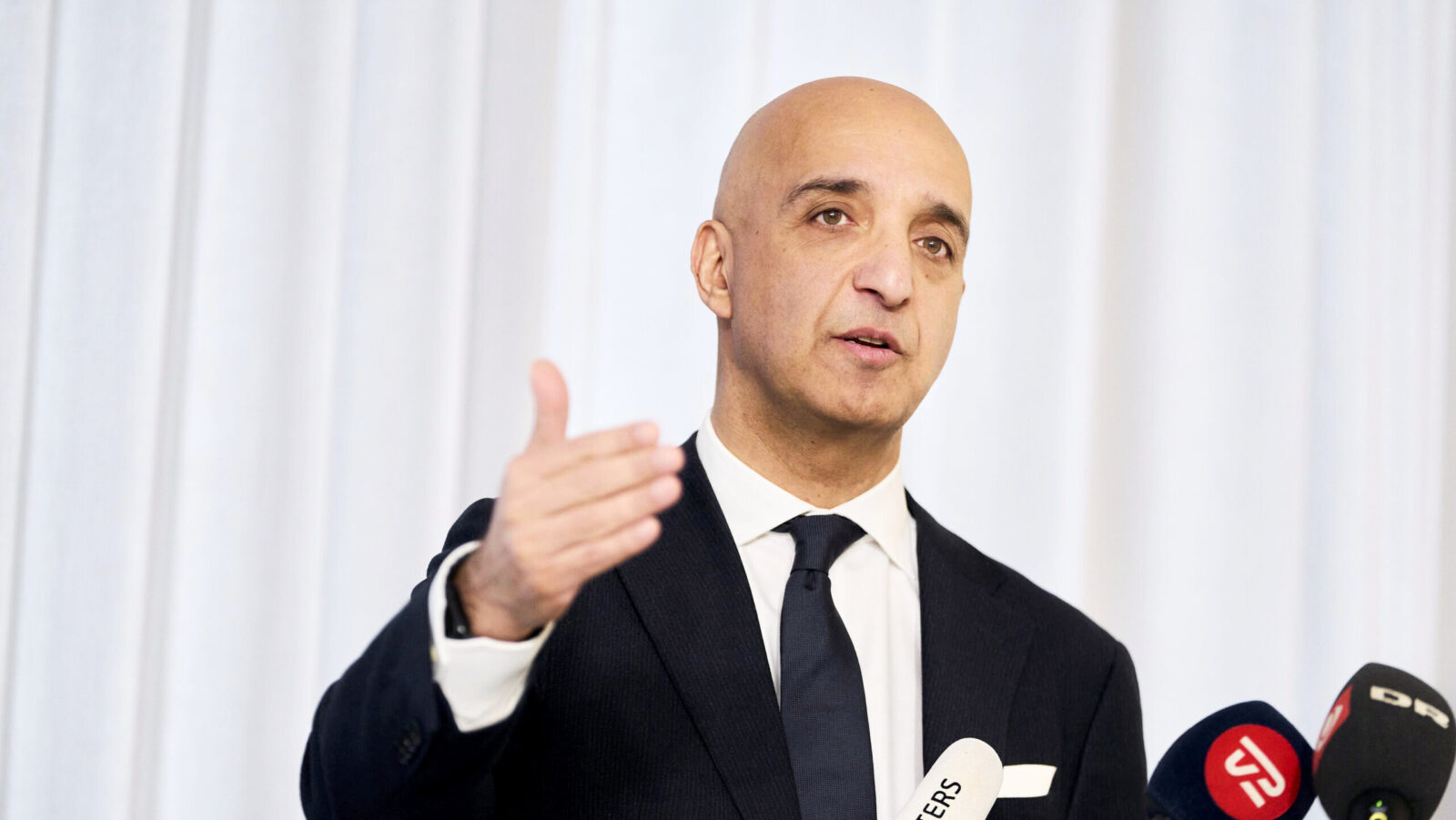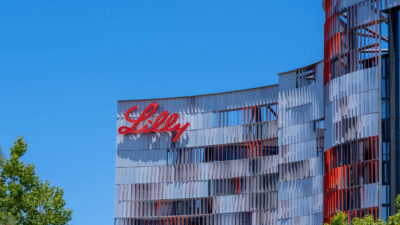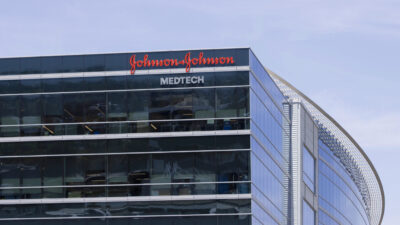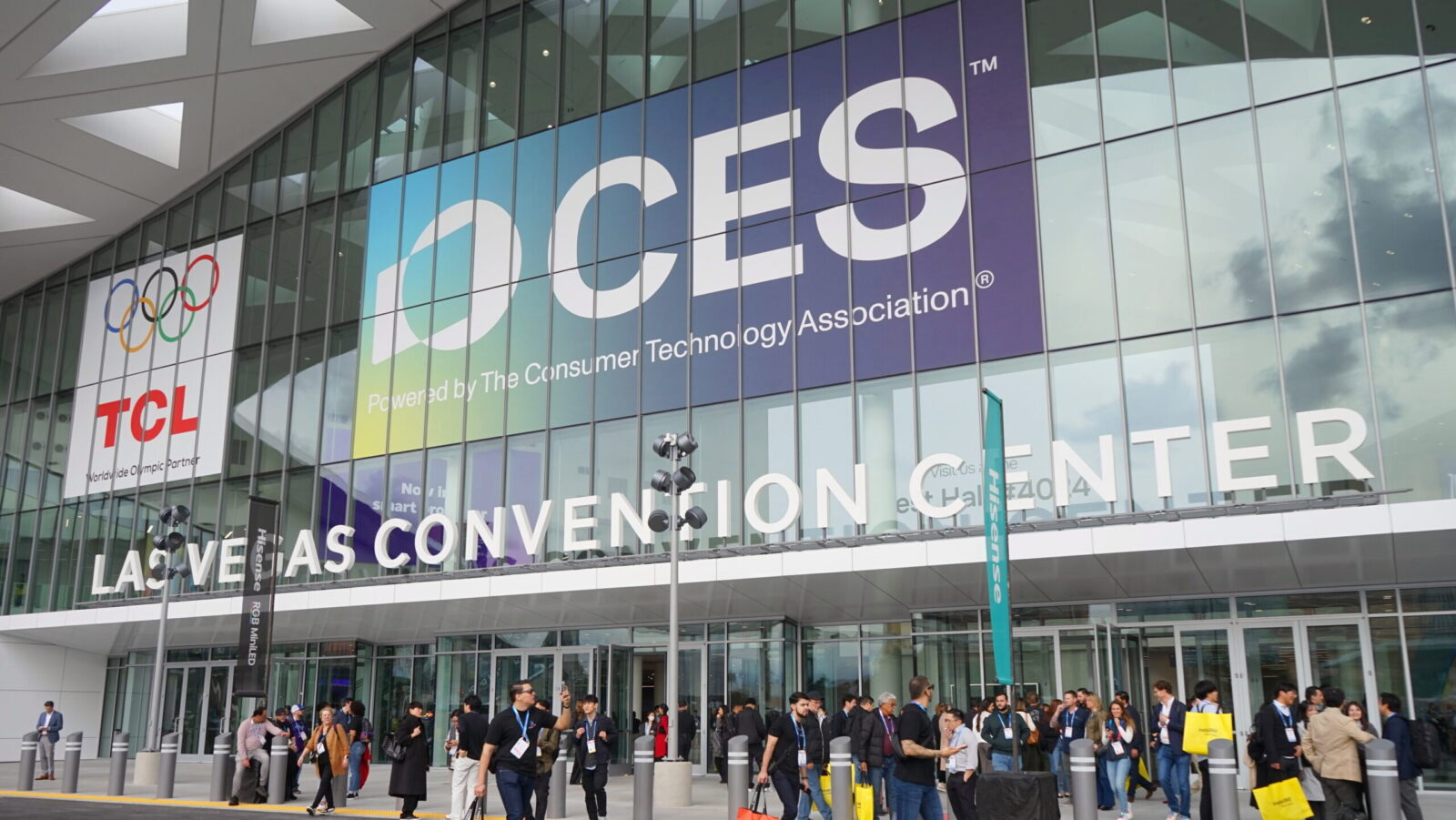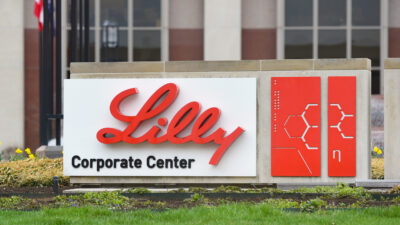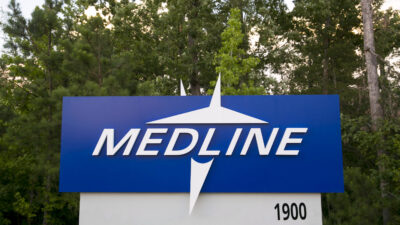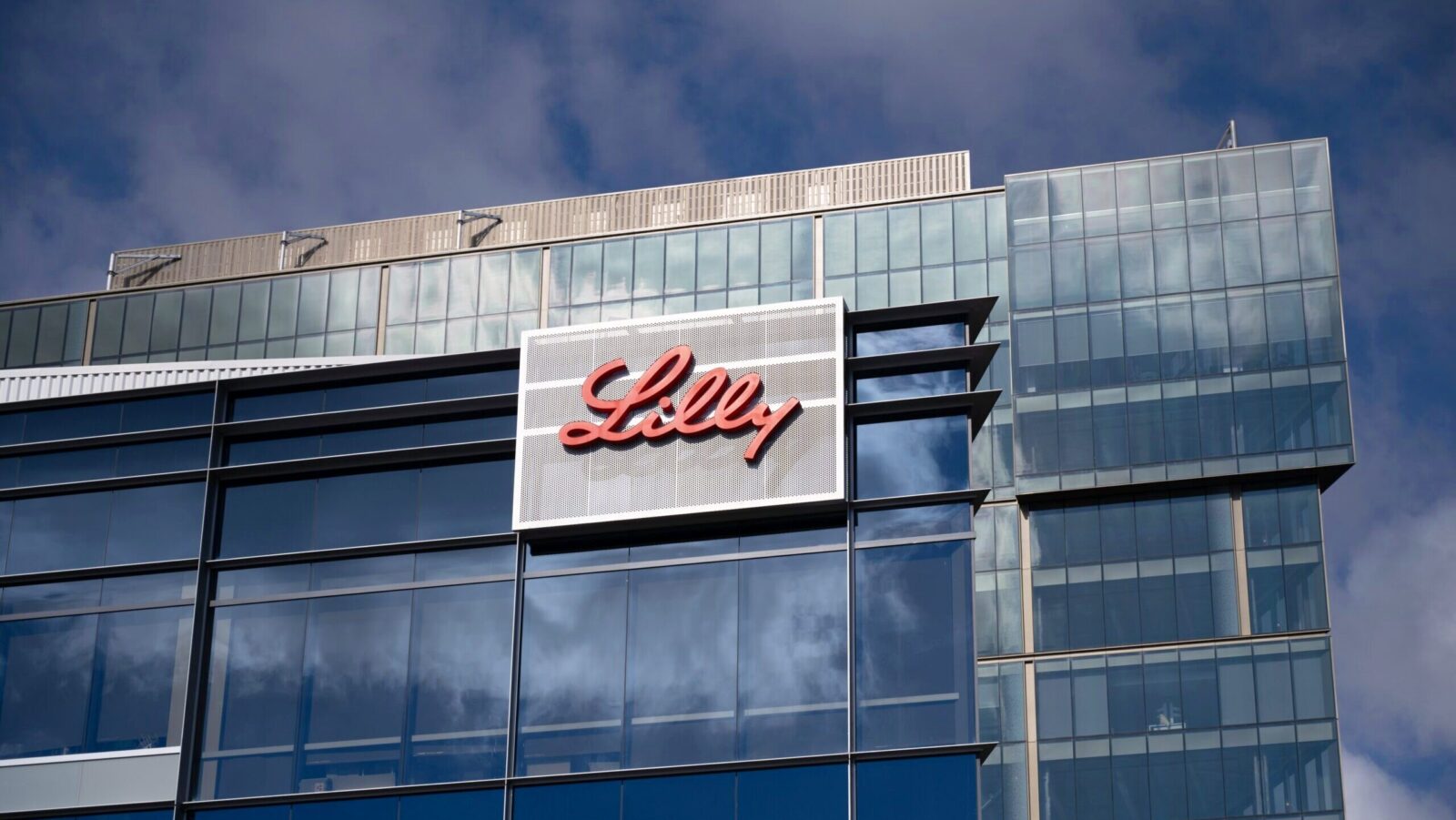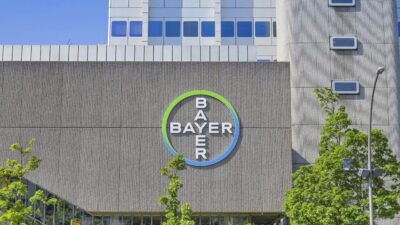Genmab Strikes $8 Billion Deal for Cancer Treatment Maker Merus
BMO analysts said in a note Monday they were “encouraged” that Genmab’s acquisition “could start to spur broader M&A in the sector.”
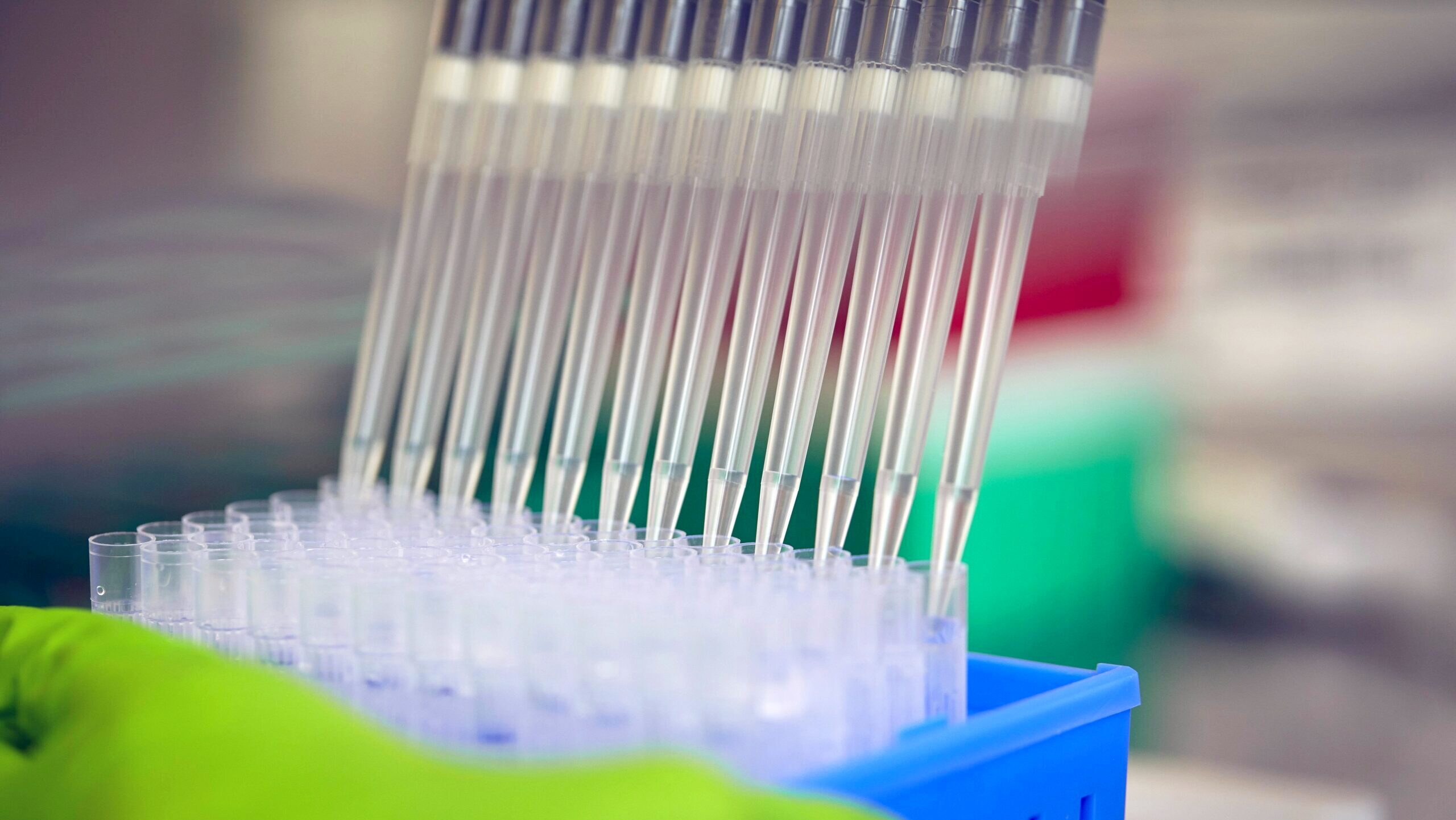
Sign up for smart news, insights, and analysis on the biggest financial stories of the day.
Major Danish biotech Genmab set its sails southwest across the North Sea on Monday, striking an $8 billion deal to acquire Dutch oncology specialist Merus.
While but one deal, it tells a story of patents and M&A that analysts are watching closely across the pharmaceuticals sector.
Tending to the Pipeline
Genmab has traditionally employed a licensing model, teaming with larger companies to commercialize its treatments. For example, its blockbuster bone marrow cancer treatment, Darzalex, is licensed to a Johnson & Johnson subsidiary in exchange for royalties. Genmab forecasts that it will earn up to $2.4 billion from that arrangement this year, amounting to roughly 65% of its revenue.
Which brings us to the subject that keeps biotech executives up at night: the patent cliff. Darzalex patents expire in the US in 2029, in Japan in 2030 and in Europe in 2031, leaving a major hole to fill. Cue the Merus deal, which would add the breakthrough head-and-neck-cancer treatment, petosemtamab, to Genmab’s portfolio. The drug, which has received two breakthrough designations from the US Food and Drug Administration, successfully completed Phase II studies in May, with Phase III data expected next year, paving the way for a planned 2027 launch. Leerink analysts said Monday that a combination of petosemtamab and Merck’s Keytruda could “become the standard of care.” Genmab expects to earn at least $1 billion from the drug by 2029 and multi-billions in the years to follow, which might explain why it paid a hefty premium:
- Genmab agreed to purchase all of Merus’ common shares for $97 each, 41% over their Friday closing price (they rose 36% to $93.67 on Monday). However, analysts at Denmark’s Sydbank, noting that head and neck cancer is the sixth most common type of cancer with a $4 billion addressable market, suggested the premium is worth it, writing that petosemtamab “complements Genmab’s existing antibody-based portfolio and pipeline very well” and has “multi-blockbuster potential.”
- Sydbank said Genmab, whose New York-listed shares rose 0.9% Monday, is undervalued considering the treatments for lung cancer and ovarian and pelvic cancer in its pipeline as well as a lymphoma treatment already on the market. Also of note is that petosemtamab is being tested against colon cancer, which impacts a lot more patients than head and neck cancer, potentially opening up a much bigger market.
An M&A Spark: In the last two years, major biotech firms including AbbVie, Johnson & Johnson, Novartis, AstraZeneca, Merck and Bristol Myers Squibb have announced acquisitions meant to expand and strengthen their cancer treatment portfolios, but overall M&A in the space has been lagging. BMO analysts said in a note Monday that they were “encouraged” that Genmab’s acquisition and Pfizer’s $4.9 billion takeover of obesity drugmaker Metsera, announced last week, “could start to spur broader M&A in the sector.”
